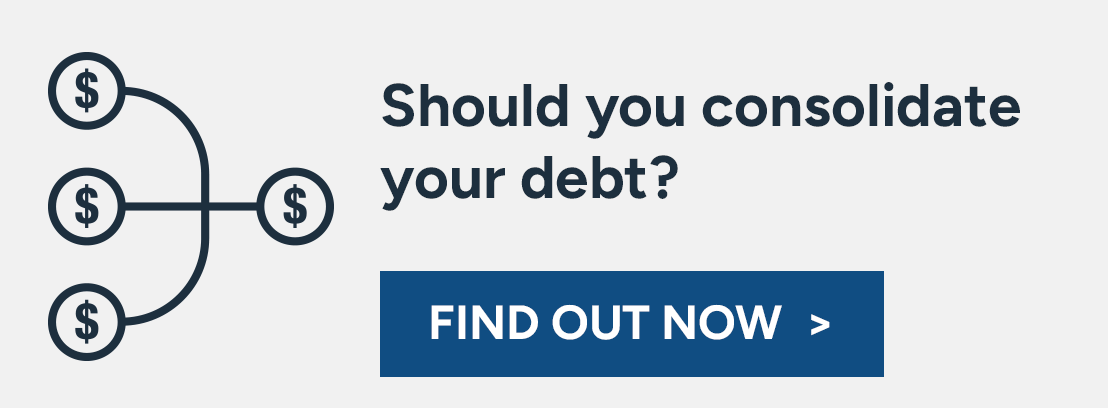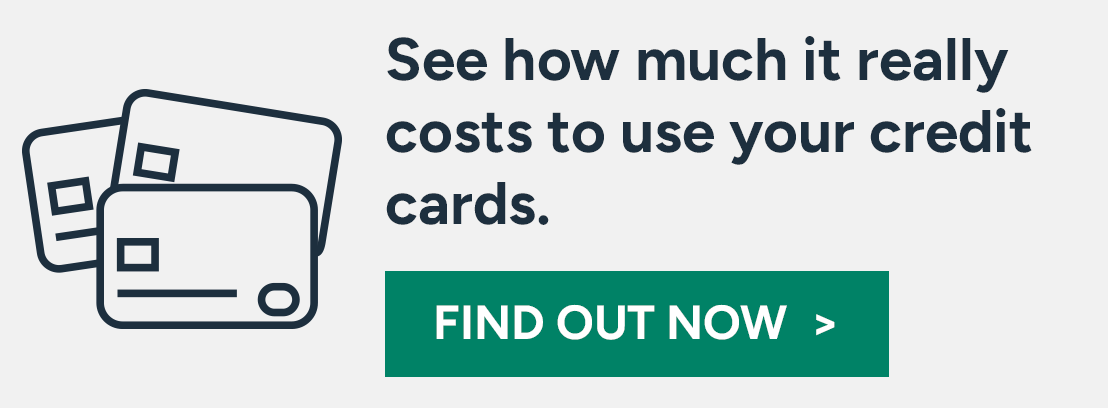 Before choosing debt settlement, it’s important to take your time. Understand its long-term effects on your finances and look at all other options. This will help you decide if it’s worth the potential risks.
Before choosing debt settlement, it’s important to take your time. Understand its long-term effects on your finances and look at all other options. This will help you decide if it’s worth the potential risks.
If you’re overwhelmed by high levels of debt and can’t seem to find a way out, debt settlement programs might be an avenue worth exploring. Many debt settlement companies promise to help you significantly reduce your debt, even slashing tens of thousands of dollars to mere hundreds. Yet, the question remains: What is debt settlement in actuality? Does it deliver on its lofty promises? This in-depth guide on “What is debt settlement?” offers comprehensive insights while shedding light on the pros and cons of such a financial strategy.
Delving Deeper into Debt Settlement
At its core, debt settlement or credit settlement is a financial strategy designed to alleviate the burden of significant debt. By subscribing to a debt settlement program, you cease making monthly payments to your creditors, and instead divert those funds into a savings account managed by a U.S. debt settlement service.
This process continues until your accounts are significantly overdue. At this stage, the settlement agency representing you will initiate contact with your creditors, proposing a lump sum payment to settle your outstanding debt. The rationale driving debt settlement is the belief that your creditors, fearing the potential for you to default completely on your debt, are more inclined to accept the settlement offer.
The Objective of Debt Settlement
Primarily, the aim of debt settlement is to extinguish your debt, ideally at a fraction of what you originally owe. While advertisements from settlement companies often promise dramatic reductions, practical experience shows that most settled amounts typically range from 25% to 80% of the initial debt. Despite this, the potential savings can still be substantial, providing relief to those buried under heavy debt loads.
The Main Advantage of Debt Settlement
The paramount benefit of debt settlement is its capacity to eliminate your debt at a cost significantly lower than the initial amount owed. This potential reduction is the key appeal of debt settlement and serves as a beacon of hope for those grappling with overwhelming debt.
The Impact of Debt Settlement on Credit Scores
Nevertheless, it’s important to understand that debt settlement can cause a substantial and unfavorable impact on your credit scores. As you halt payments to your creditors for several months and fail to meet your original debt obligations fully, your creditworthiness inevitably suffers. This side effect is a key consideration before opting for a debt settlement plan.
Debt Settlement versus Bankruptcy
When evaluating the effects of debt settlement against bankruptcy, it’s worth noting that bankruptcy typically leaves a more severe mark on your credit scores than settlement does. While both options are designed to provide financial relief, bankruptcy is often regarded as a last resort due to its more serious long-term implications.
Debt Settlement versus Debt Consolidation
Debt consolidation is another strategy for managing high levels of debt. It simplifies your financial obligations and potentially reduces the interest rate on loans and debt. While it may not decrease your debt as rapidly as debt settlement, it also doesn’t inflict a significant impact on your credit score. Consequently, it could be a more suitable approach for those seeking to maintain their credit rating.
Debt Settlement versus Debt Management
On the other hand, debt management is a strategy that doesn’t necessitate stopping payments to creditors. Under a debt management program, your debt may be paid off within 60 months, and your credit rating is less likely to suffer a substantial hit. This approach might be ideal for those willing to gradually settle their debt without drastically harming their credit score.
Need More Information?
Understanding the nuances of debt settlement, debt consolidation, debt management, and bankruptcy is crucial when making decisions about your financial future. If you’re interested in learning more about the advantages and drawbacks of these strategies, American Consumer Credit Counseling offers free credit counseling sessions. Here, you can gain the knowledge and confidence needed to navigate your financial predicament effectively.
 Before choosing debt settlement, it’s important to take your time. Understand its long-term effects on your finances and look at all other options. This will help you decide if it’s worth the potential risks.
Before choosing debt settlement, it’s important to take your time. Understand its long-term effects on your finances and look at all other options. This will help you decide if it’s worth the potential risks.


